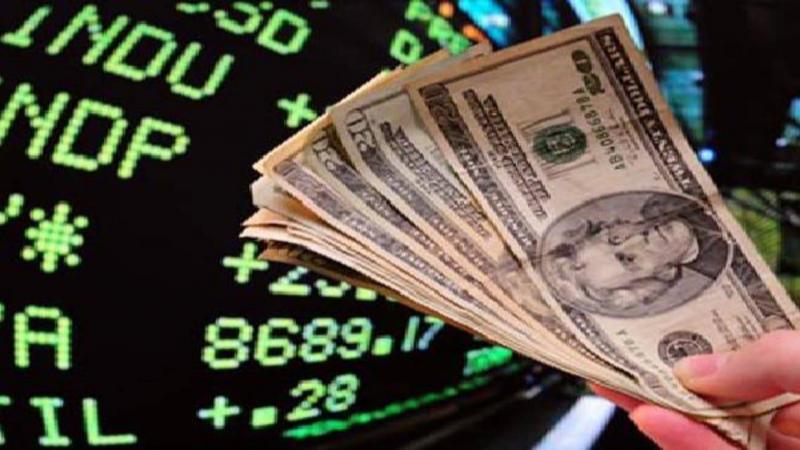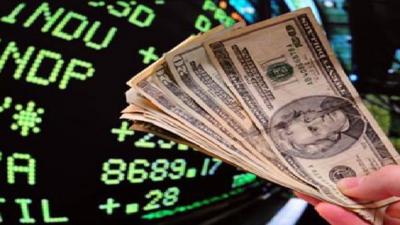Global markets are closely watching the outcomes of the Federal Reserve's meetings scheduled for today and tomorrow, amid rising concerns that the Fed may raise interest rates, potentially negatively impacting stock markets while supporting the dollar's value. Although economists from global investment banks have indicated that the Federal Reserve may tighten monetary policy at every meeting starting next March, most economists in a Bloomberg survey expect that the "Federal Reserve" will use the policy meeting on January 25 and 26 to signal a 25 basis point increase in the benchmark interest rate. However, two experts foresee a surprising increase of 50 basis points, which would be the largest since 2000, to combat high price pressures.
An official hint was provided by Lael Brainard, nominated by President Joe Biden to serve as Vice Chair of the Federal Reserve, who stated that the Fed may increase interest rates starting in March. She noted that combating inflation and returning it to 2% while sustaining broad recovery is the Fed's most urgent task. An increase in interest rates is expected to lead investors towards value stocks, which tend to be more cyclical and provide cash flows in the near term. Consumer prices (inflation) in the United States surged in December, with the annual increase marking the largest in about four years, potentially strengthening expectations that the Federal Reserve will begin raising interest rates sooner.
US Stocks
The US stock market rebounded from a severe selling wave late in trading yesterday, as bargain hunters pushed the major indices on Wall Street to end the session higher. The S&P 500 index was nearing confirmation of a downward correction as investors focused on concerns regarding a more hawkish stance from the Federal Reserve and geopolitical tensions surrounding Ukraine. This followed the S&P 500 and Nasdaq recording their largest weekly drop in percentage terms since March 2020 when lockdowns to contain the pandemic pushed the world's largest economy into its deepest recorded recession. According to preliminary data, the S&P 500 index closed up 13.77 points, or 0.31%, at 4411.71 points, while the Nasdaq composite ended the trading session up 97.25 points, or 0.71%, at 13866.17 points. The Dow Jones Industrial Average closed up 108.45 points, or 0.32%, at 34373.82 points, after having plunged over 1000 points during the session.




